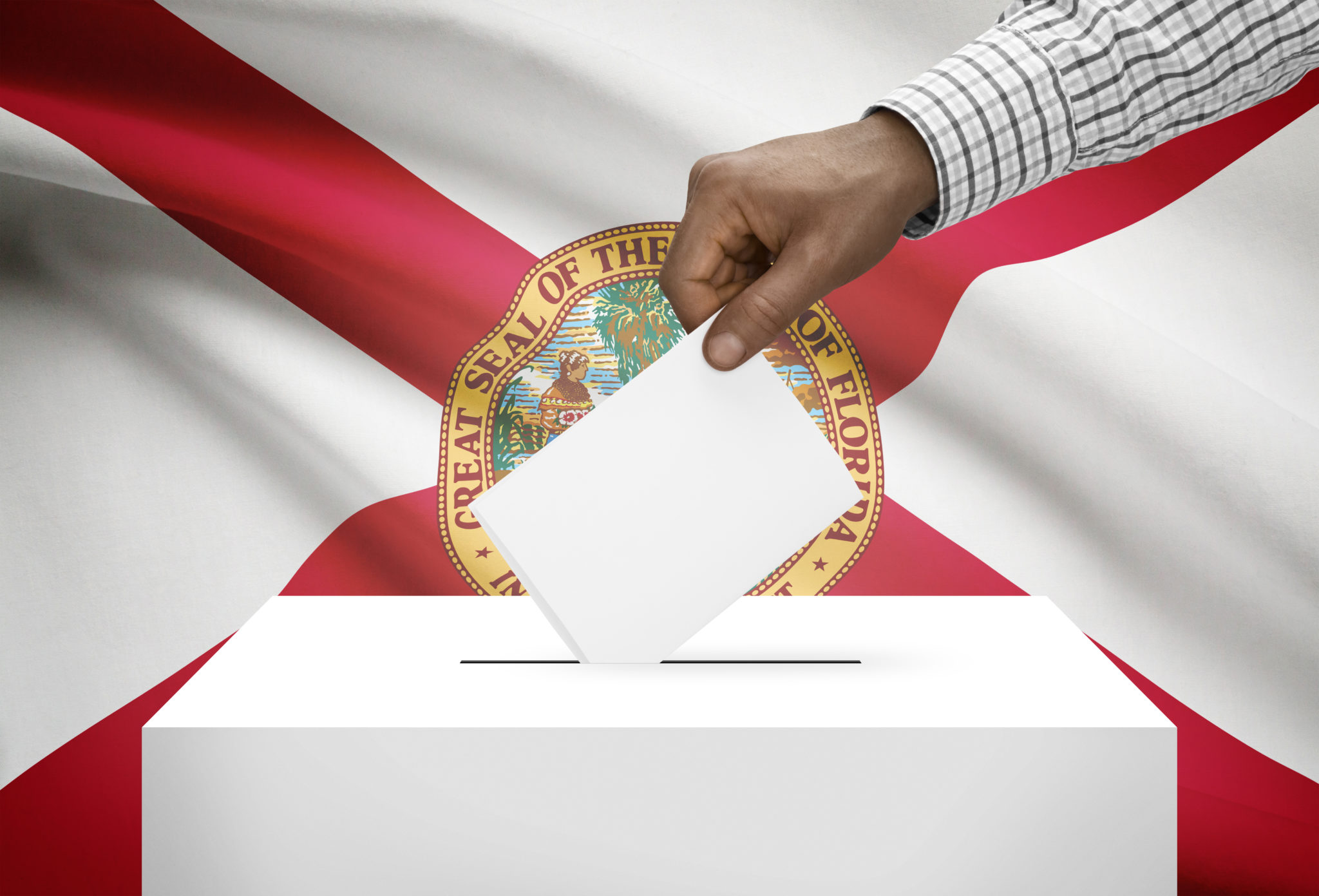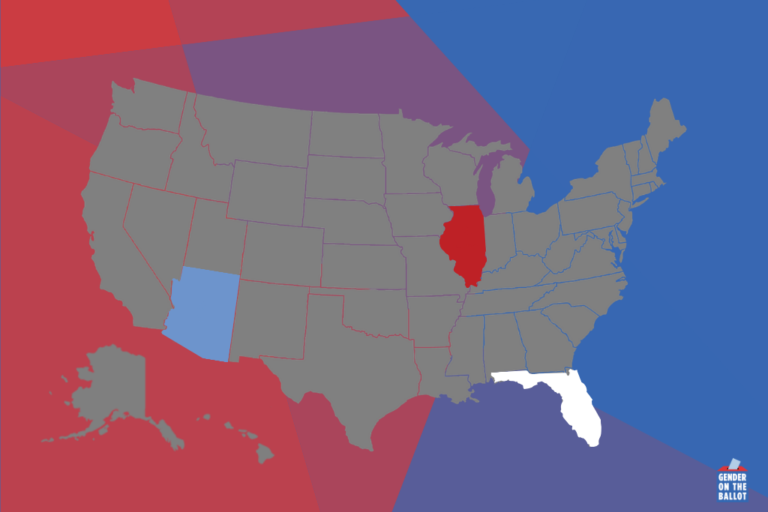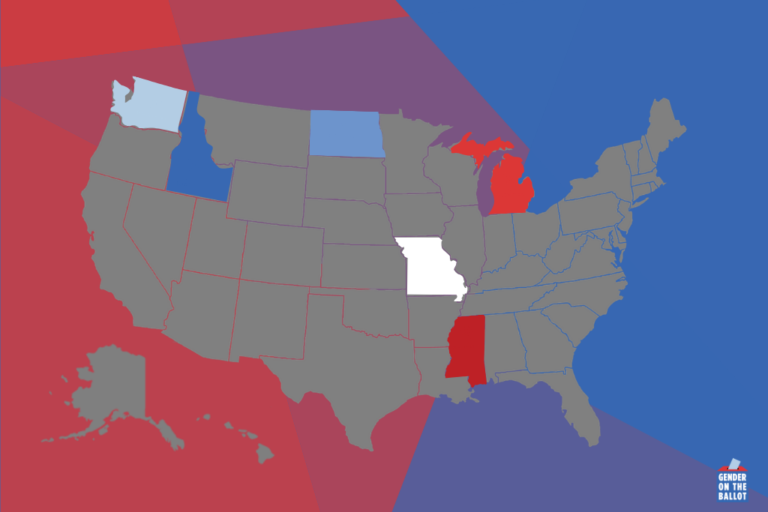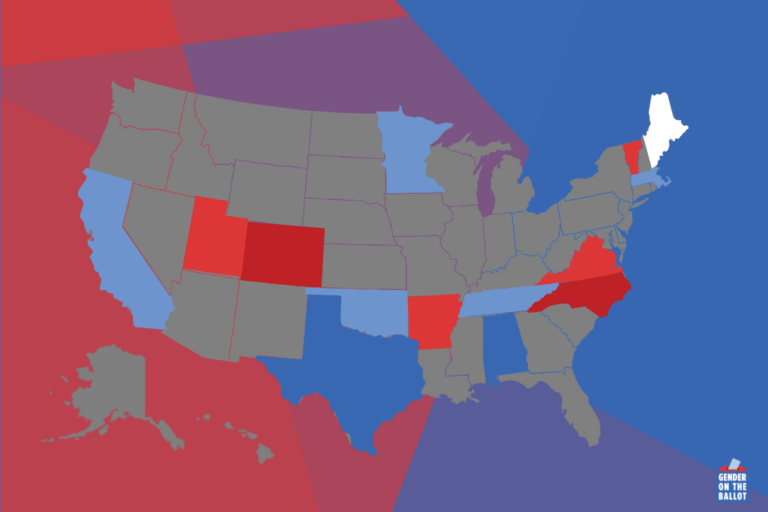Joe Biden won a decisive victory in the delegate-rich Florida Primary beating Bernie Sanders…
The Florida Primary and the “Electability” Trap

Last week, former Republican governor and current Democratic Congressman Charlie Crist beat Commissioner of Agriculture Nikki Fried in the Democratic primary for governor in Florida. In November, Crist will go on to face incumbent governor Ron DeSantis in the general election. Florida will remain among the 19 States that have never had a woman governor.
What struck (and discouraged) me most about this race was the emergence of the “electability” argument (again). Despite having lost three major statewide campaigns during his political career (two for the U.S. Senate and one for governor), Crist made the argument that his “experience and electability” made him the best candidate.
Coincidentally, this week NBC News Congressional Correspondent Ali Vitali released her new book Electable, which explores the challenges women face when seeking the Oval Office. The book explores why it was challenging for women in the 2020 Democratic primary to overcome questions around their viability. Vitali previously covered Warren’s 2020 presidential campaign.
We observed and wrote about electability during the 2020 Democratic primary, when the four women Senators running for President continually had their “electability” questioned, despite having impressive resumes and strong track records of electoral success.
Part of the reason why questioning electability is a successful strategy to cast doubt on a woman’s abilities is because we have seen for years in Barbara Lee Family Foundation research that voters have an imagination barrier when it comes to electing women, especially to executive office. Not only has Florida never had a woman serve as governor, Charlie Crist has himself served as governor. So it is much easier for voters to picture him in the role. In recent BLFF research, when we asked voters to picture a hypothetical governor, a majority still pictured a man.
“Seeing and imagining things that you’ve never actually seen before can be hard for voters because it almost becomes a little bit of a self-fulfilling prophecy and that’s where words like ‘comfortable’ and ‘electable’ come into play for people like Joe Biden,” said Vitali in an interview with Insider.
Our BLFF research found that the notion that women aren’t electable is a tired myth. Every hypothetical woman candidate we tested with voters either won or tied her ballot against a straight white man of the opposite party. In recent years, women have won elections at the same rate or even more than men. According to our friends at the Center for American Women and Politics, in 2018, non-incumbent women won at a higher rate than their male counterparts across levels, in both primary and general elections.
Although Crist branded himself the “safe candidate,” he has more electoral losses on his resume than Commissioner Fried. Experts, including Republican pollster Tony Fabrizio, predicted that Commissioner Fried would be a more challenging opponent in the general election for incumbent Governor DeSantis than Crist. The fact that Governor DeSantis chose Commissioner Fried to target with attacks on primary day, despite Crist being up in the polls, could signal that maybe he thought so too.
We have seen dramatic progress for women’s representation over the last five years. Between a record number of women being elected to Congress in 2018 and 2020; tying the record for the most women serving as governor at one time; and of course electing and swearing in the first woman Vice President, gains have been sweeping. But real progress will come when male candidates run campaigns based on their own merits and no longer rely on exploiting age-old stereotypes around what someone in elected office “looks like” to get ahead.







